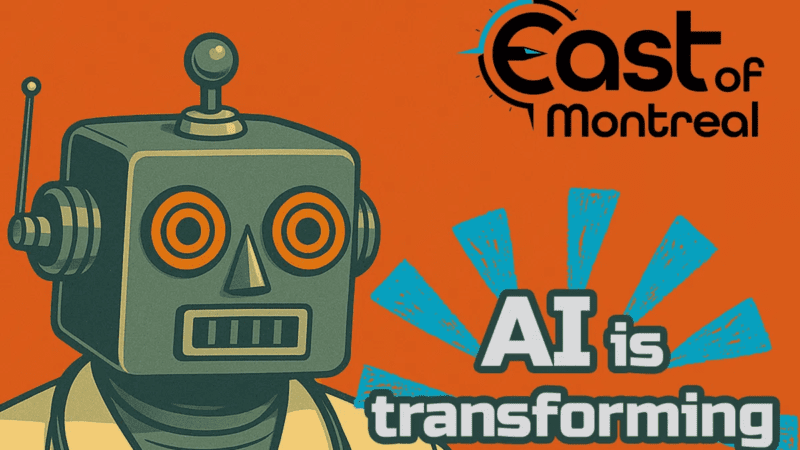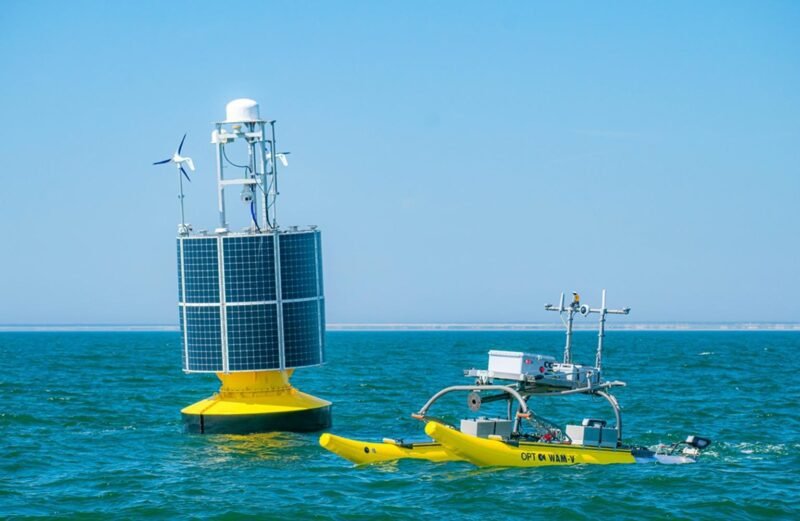Artificial intelligence (AI) is set to revolutionize healthcare, particularly in the Maritime region. Experts like Matthew Murphey, Chief Data Officer at the Nova Scotia Health Authority, and Dr. Louis Beaubien, a professor at Dalhousie University, are exploring how AI can enhance medical services. Their insights highlight the potential for AI technologies to improve diagnostics, patient monitoring, and treatment plans, leading to more efficient healthcare delivery.
AI’s integration into healthcare systems promises to streamline operations, reduce costs, and enhance patient outcomes. For instance, AI-driven tools can analyze vast amounts of data quickly, helping healthcare professionals make informed decisions. This shift not only benefits patients but also alleviates some pressure on healthcare providers.
Moreover, the use of AI in maritime healthcare addresses unique challenges faced by remote communities. With limited access to specialists, AI can provide critical support, ensuring timely medical interventions. As the technology evolves, it holds the potential to bridge gaps in healthcare access, making quality care more attainable for all.
In summary, AI’s transformative impact on Maritime healthcare signifies a new era, where technology and medicine converge to improve health outcomes and accessibility.
Share it now


















